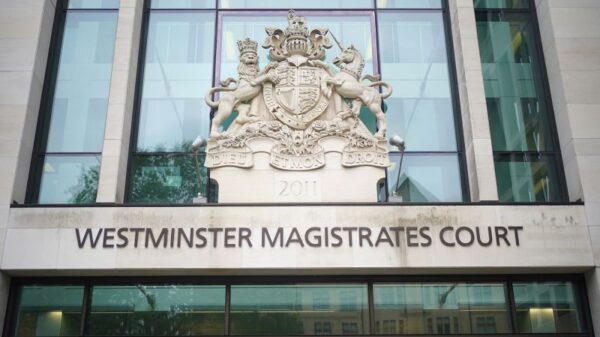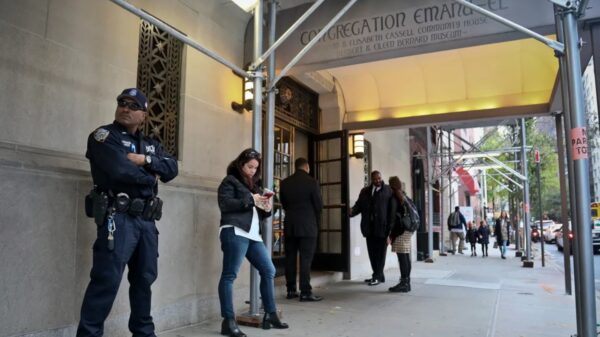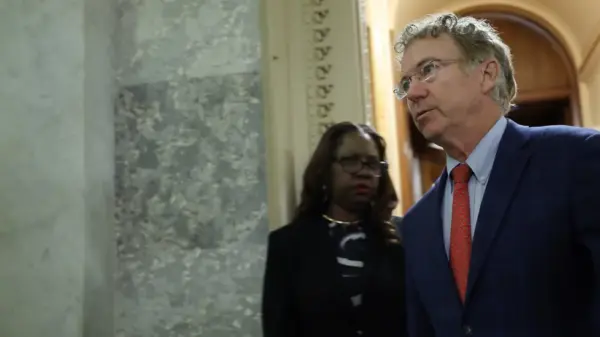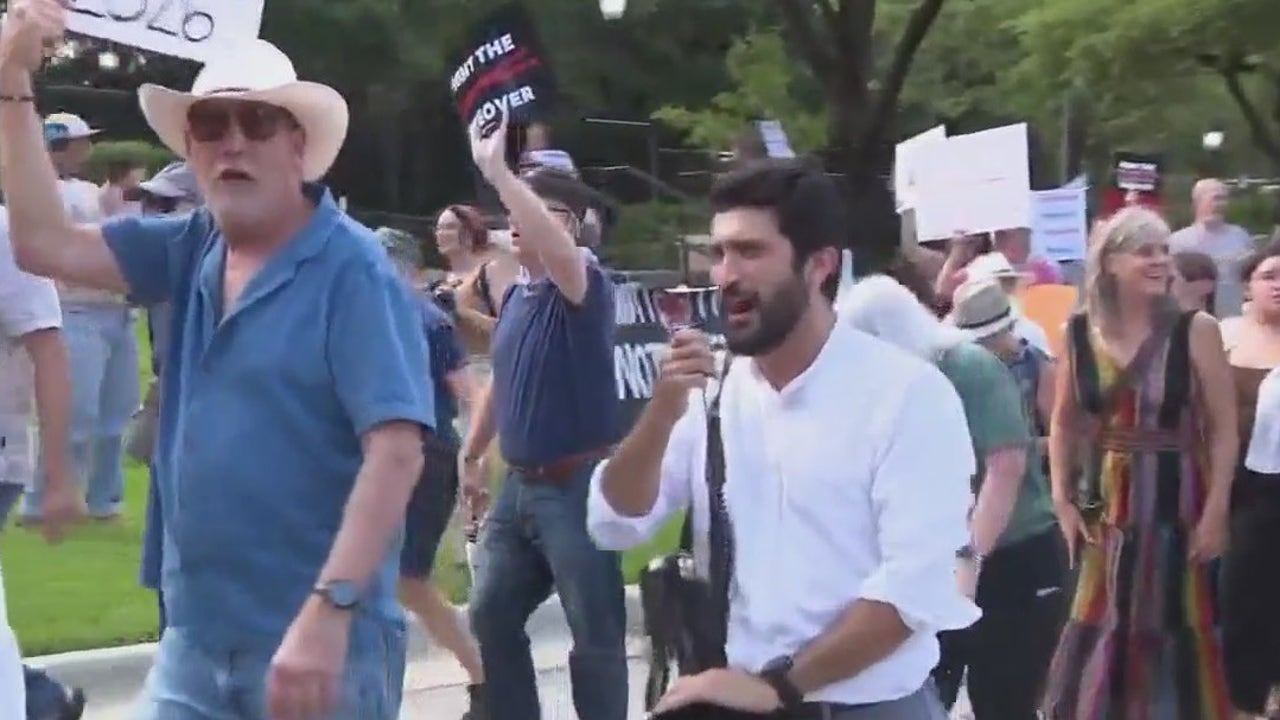AUSTIN, Texas – Tensions escalated on March 15, 2024, as U.S. Congressman Greg Casar led a protest outside the Governor’s Mansion, voicing strong opposition to the Texas government’s recent congressional redistricting efforts. This redistricting initiative aims to increase Republican representation in Washington by potentially adding five additional seats for the party, a move that has provoked significant backlash from Texas Democrats.
The redistricting process typically occurs every decade, with the last major revision completed in 2021 and intended to last until 2031. However, Texas Democrats have reacted by fleeing the state to block a vote on the new congressional map, prompting a legislative standoff. Governor Greg Abbott has responded by ordering the arrest of these Democratic lawmakers, describing their absence as a failure of duty.
During the protest, Casar remarked, “I really believe in the courage of Texas Democrats who are out here doing the right thing, standing up for voting rights and standing up for their constituents.” This sentiment reflects the broader frustrations among Democrats regarding the redistricting process, which they argue has become increasingly partisan.
In a move that has drawn further criticism, Governor Abbott has set a deadline for lawmakers to return by Monday at 15:00 or risk losing their seats. The Texas House Democratic Caucus issued a pointed statement, declaring, “Come and take it,” emphasizing their determination to resist the new map.
The political implications of this redistricting are significant. Brian Smith, a political science professor at St. Edward’s University, noted that the Democratic absences are a strategic attempt to slow the process, as they lack the votes to challenge the Republicans directly. He explained, “It’s a great way for Democrats to slow down the process because they know under the legislative rules, they simply don’t have the votes to stop the Republicans from redistricting.”
Governor Abbott defended the redistricting changes during an interview with FOX News Channel, highlighting that a recent court ruling has altered the legal landscape for coalition districts in Texas. “Since we last did redistricting, there’s been a change in law,” he stated, adding, “It’s perfectly legal to dismantle coalition districts.” This assertion underscores the controversial nature of mid-cycle redistricting, which has rarely occurred in Texas history.
The proposed changes are expected to favor Republicans, a strategy supported by former President Donald Trump, who has advocated for increasing GOP representation in Congress. The redistricting efforts come in the wake of the 2018 midterm elections, during which Democrats regained control of the House.
Critics have pointed out that the redistricting process often results in partisan manipulation. As Smith noted, “If you have a legislature redraw the lines, it’s going to be a partisan process, and they’re going to redraw the lines to favor their party.” This cycle, with a Republican majority in the Texas legislature, raises concerns about the fairness of the new maps.
In response to the quorum break, Governor Abbott has ordered the Texas Rangers to investigate the absences of the Democratic lawmakers. He stated, “Our fellow Texans are being let down and not getting the flood relief they need because these Democrats have absconded from the responsibility.” This assertion places further pressure on the Democrats as public services potentially suffer amid the political turmoil.
While Republicans argue that the redistricting will lead to increased representation for racial minorities, including solidifying the Barbara Jordan African-American district in Houston and creating four new Hispanic districts, Democrats remain skeptical. They argue that the motivations behind redistricting are politically driven, aiming to consolidate power rather than genuinely represent diverse communities.
As the situation unfolds, the legal and political ramifications of this redistricting conflict will continue to develop, raising questions about the future of representation in Texas.







































































